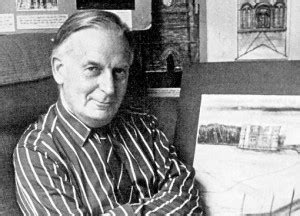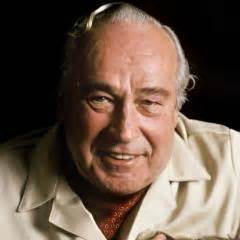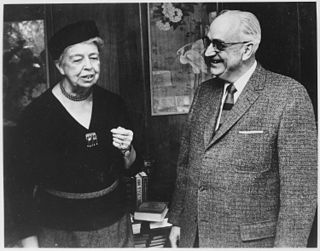A Quote by J. L. Carr
You have not had thirty years' experience . . . You have had one year's experience 30 times.
Quote Topics
Related Quotes
You can gain experience, if you are careful to avoid empty redundancy. Do not fall into the error of the artisan who boasts of twenty years experience in craft while in fact he has had only one year of experience–twenty times. And never resent the advantage of experience your elders have. Recall that they have paid for this experience in the coin of life, and have emptied a purse that cannot be refilled.
Coaches and players at the start must think their way through problems where a more experienced person would react out of habit and memory. One must not gain this experience, however, without being careful of empty redundancy. Do not fall into the error of the artist who boasts of 20 years of experience at his craft while, in fact, all he has had is one year - 20 times.
I ask a simple question. Hillary Clinton has been doing this for 30 years. Why the hell didn't you do it over the last 15, 20 years? And you do have experience. I say the one thing you have over me is experience, but it's bad experience, because what you've done has turned out badly. For 30 years you've been a position to help, and if you say that I use steel or I use something else, make it impossible for me to do that. I wouldn't mind. The problem is you talk but you don't get anything done, Hillary.
Experience was of no ethical value. It was merely the name men gave to their mistakes. Moralists had, as a rule, regarded it as a mode of warning, had claimed for it a certain ethical efficacy in the formation of character, had praised it as something that taught us what to follow and showed us what to avoid. But there was no motive power in experience. It was as little of an active cause as conscience itself. All that it really demonstrated was that our future would be the same as our past, and that the sin we had done once, and with loathing, we would do many times, and with joy.






































